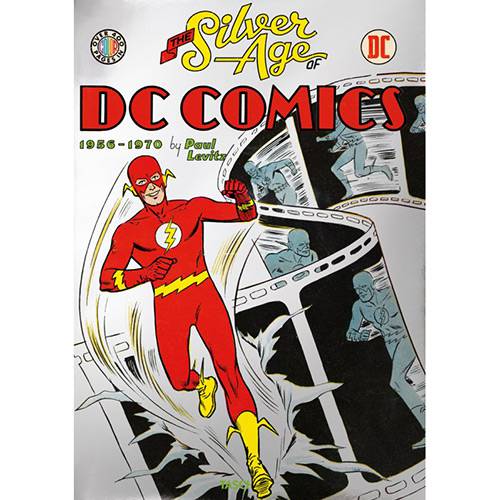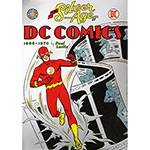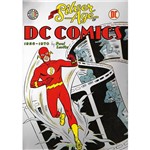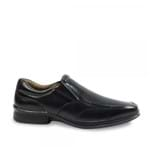"the humanized super hero -[what] began as a historical project
Now may qualify as a history-making one." los angeles times, los angeles, on 75 years of dc comics on december 15, 1978, the dreams of generations of american children finally came true
"you'll believe a man can fly," read the posters and billboards for the blockbuster film superman
With an undeniable mass appeal, it cemented the role of the super hero as america's most enduring archetype, and the comic book as one of the country's most significant native art forms
That art form, however, was already moving in a new direction
Influenced by the emergence of underground comics and shifting political tides, dc's line of comics was increasingly aimed at adults, and sold in comic book shops, rather than on newsstands
Socially relevant subjects such as drug addiction, racism, and women's rights had entered the mainstream, and comics weren't just for kids anymore
The bronze age of dc comics includes an original interview with green lantern/green arrow writer denny o'neil
About the series: taschen's series on dc comics explores the origins of comics' most enduring legends and the behind-the-scenes stories of the men and women who created them, era by era
Expanded from the eisner award-winning xl book, 75 years of dc comics, this new series hits the shelf at a reader-friendly size with essays updated by author paul levitz and more than 1000 new images across five volumes
Thousands of covers and interiors, original illustrations, photographs, film stills, and collectibles have been reproduced using the latest technology to bring the story lines, the characters, and their creators to vibrant life, making this an invaluable reference for comics fans.


 Livro - The Silver Age Of DC Comics 1956 - 1970
Livro - The Silver Age Of DC Comics 1956 - 1970





























